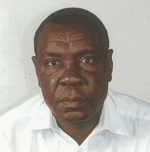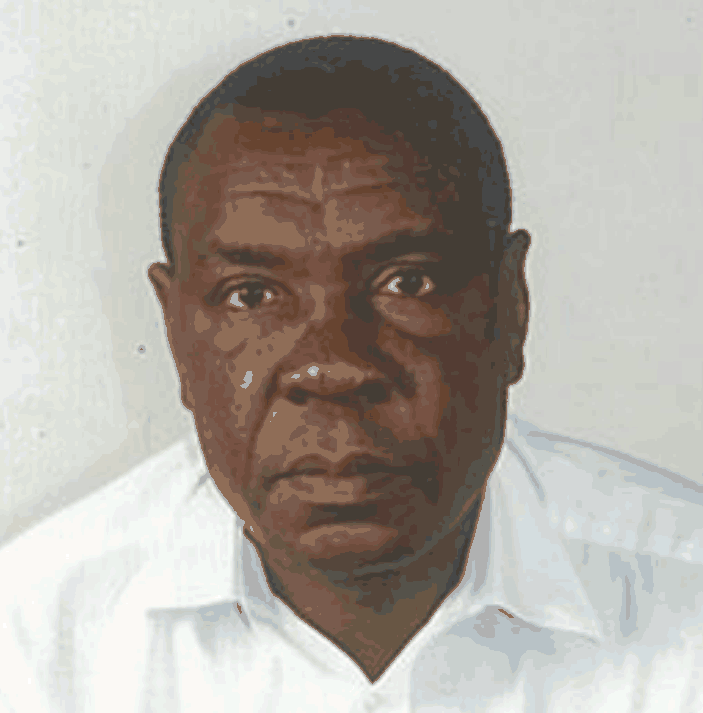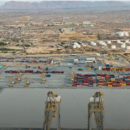Zambia: PF credibility badly damaged by Lungu’s election – By Arthur Simuchoba

Following the ruling of the Lusaka High Court on December 3rd that the Defence and Justice Minister Edgar Lungu was the duly elected president of Zambia’s governing party, the Patriotic Front (PF), things have cooled down somewhat in the PF. The party now seems intent on making up for lost time and getting down to campaigning for the January 20th election to replace the late President Michael Sata.
Until the court intervention, the chasm in the PF had widened dangerously. The jostling for ascendancy between the acting president Guy Scott and the party’s Central Committee made up of Mr. Sata’s loyalists had reached ferocious proportions. The end result was that the PF elected two candidates, Miles Sampa and Edgar Lungu, to succeed Sata at what was supposed to be one party conference but which mutated into two.
The emergence of the two leaders immediately threatened to tear the party apart. Supporters of the two clashed fiercely in the Lusaka central business district on December 2nd – an event which would have been worse but for quick police intervention. Tension among supporters remains high especially since both men are MPs for sprawling Lusaka townships.
The Defence and Justice Minister Edgar Lungu was declared elected unopposed on the evening of November 30th at a conference in Kabwe that was not attended by the acting President Dr. Scott nor any other candidates standing for the position of PF president.
A subsequent conference at the same venue the next day was opened by Dr. Scott and was attended by most of the other eight candidates. The deputy Minister of Commerce, Miles Sampa, emerged victorious. He polled 900 votes and was the runaway winner from a field of five.
It was no accident that it came to this. There had been no agreement on the succession question -only acrimony and increasing vitriol between the Central Committee and a group that coalesced around Dr. Scott. At its height, Judge Ireen Mambilima (head of the Electoral Commission) advised that political parties solve their differences as there would be no extension of the nomination period.
The Central Committee was, from the outset, an unabashed supporter of Lungu, and had in fact resolved that he be the party’s “sole” candidate. But Dr. Scott doggedly resisted this, insisting that the constitutional way was a general conference of the party to allow for wider consultation.
There had been a thaw of sorts after a period of heightened acrimony characterized by suspensions and counter-suspensions – mostly as a result of what seemed like increasing desperation to have Lungu “enthroned.” Apologies were exchanged but the thaw didn’t last.
Although the Central Committee agreed to a conference for November 29th, it did so only under protest and remained determined to have Lungu and no one else.
Ten candidates in all applied; among them was the late president’s widow, Christine Kaseba, who said she had to salvage something of her late husband’s legacy in view of the worsening division in the PF. The late president’s son Mulenga, the mayor of Lusaka, was another aspirant.
There were also four ministers including Lungu. Other PF luminaries like the former Foreign Minister Given Lubinda and the former Defence Minister, Geoffrey Mwamba completed the list.
A day before the conference, the Local Government Minister Emmanuel Chenda, a member of the Scott faction, was set upon by vigilantes from the Lungu-faction as he arrived for accreditation. Dr. Scott immediately suspended accreditation and on arrival in the Central Province capital Kabwe, he called a meeting to discuss the violence and the delegates list which was reported to have been “stuffed” with names of individuals who didn’t qualify to be on it.
The Lungu group is reported to have walked out saying they had not come for meetings but to vote. Dr. Scott then announced a 24-hour delay in voting in order to clean up the list. He and the other candidates stayed away from the conference.
From this moment the conference became “˜Lungu country’ and there was little tolerance for anybody else. Any dissenters had to deal with was hostility from Lungu supporters. Many non-Lungu delegates are reported to have left because of security concerns.
Possibly because of continuing security concerns, Dr. Scott did not go to the venue the next day, November 30th. The conference then mandated the PF National Chairperson, Gender Minister Inonge Wina, to chair the meeting as she was constitutionally entitled in the absence of the president and the meeting proceeded.
The other candidates – whittled down to eight as a result of withdrawals (including of Mulenga Sata) – were not at the venue. Thus, only Lungu was present when candidates were called in to file their nomination. He was promptly declared elected unopposed and the meeting closed.
Dr. Scott, who remained in Kabwe, immediately declared the meeting to be illegal and the election null and void. He stated that only he could constitutionally preside over the conference and stressed that there would be no short cuts in the electoral process. He would ensure that democracy prevailed so that delegates could elect a president of their choice.
He then announced that the “real” conference and election would be held on the next day (December 1st) at the same venue. Proceedings were televised. Three more candidates withdrew leaving a field of five. Miles Sampa polled the highest.
Two days later Lungu was declared the duly elected PF president. He had already obtained a court order restraining the announcement of any other person as the winner. He now flexed his muscles as the party president and announced the suspension of the general-secretary, the deputy and the chairperson for elections on the grounds of “gross indiscipline” and appointed replacements.
The court intervention has cooled the atmosphere somewhat. But the contention of the “˜Sampa faction’ in the PF remains. Barely a day after the High Court declared Lungu duly elected; the same court dismissed an application from Sampa challenging that election.
He has now appealed the High Court’s decision to the Supreme Court and has said that he has the option of forming his own party or supporting Hakainde Hichilema, leader of the opposition UPND, which would be bad news for Lungu. Sampa is the MP for a populous constituency and the PF candidate will need those votes to win.
Thus, tension continues just below the surface and there promises to be more stand-offs and posturing. It is hardly the most auspicious start to a campaign.
Arthur Simuchoba is a Zambian journalist. This article was commissioned via the African Journalism Fund.







African continent wishes Zambia a peaceful election.